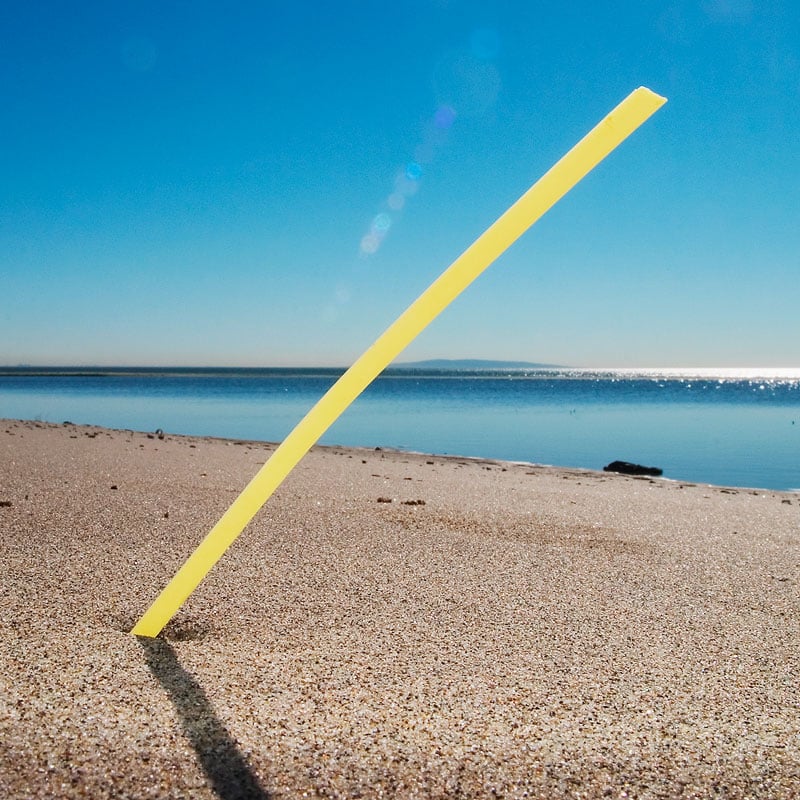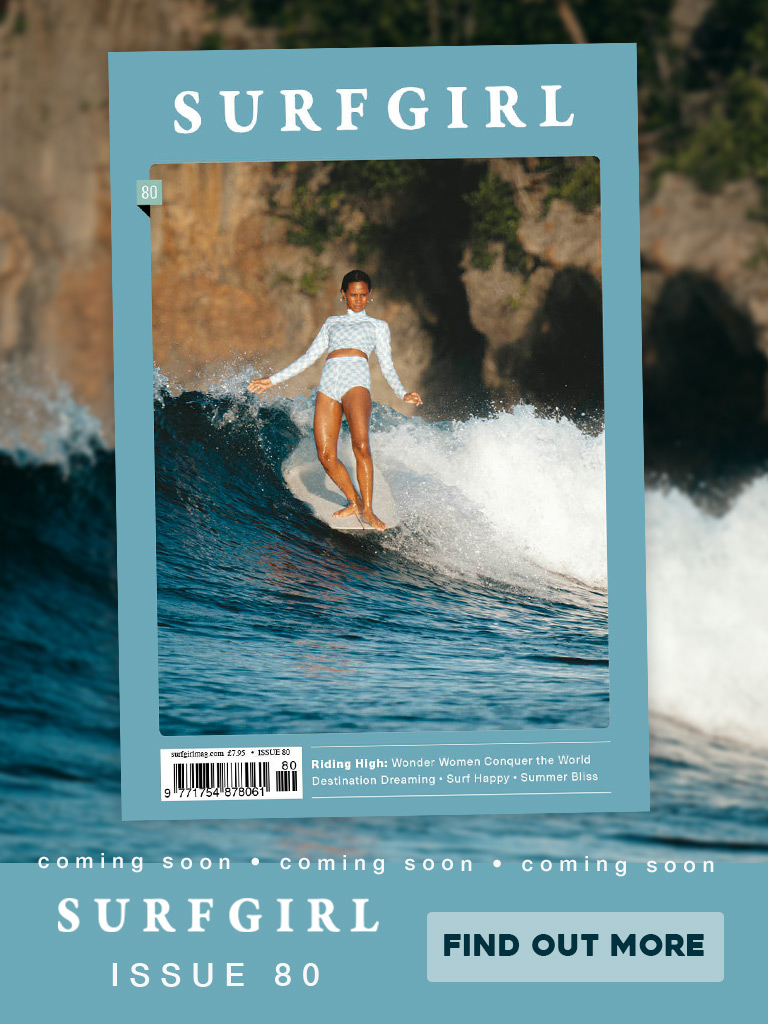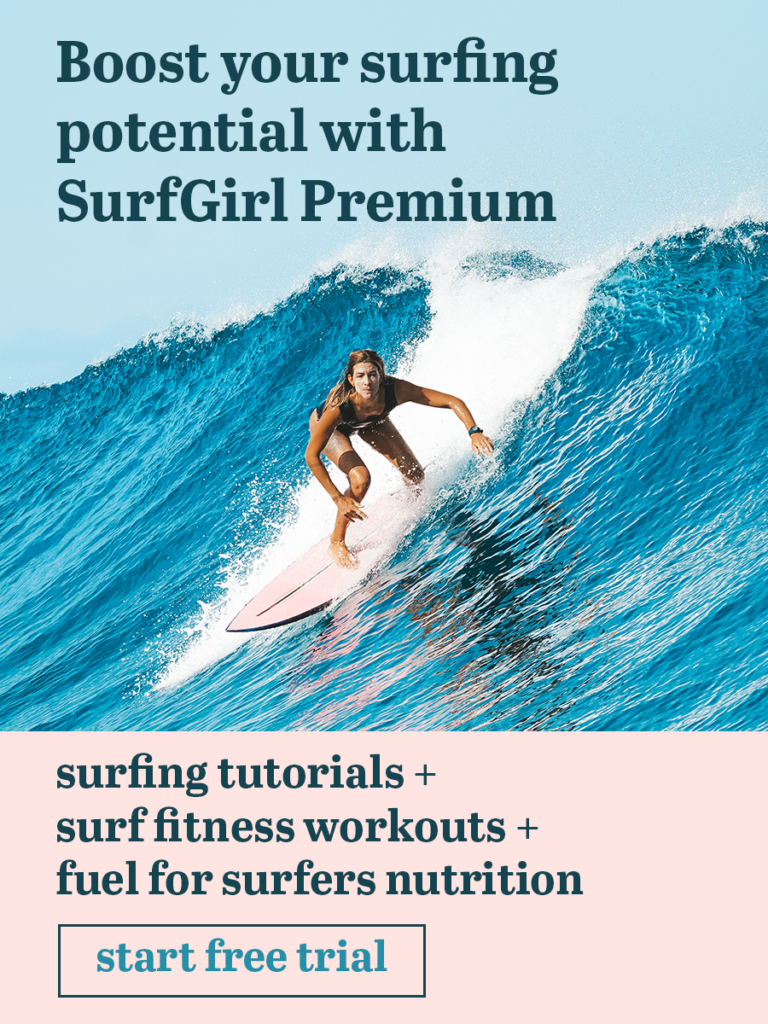

Photo courtesy Von Wong @vonwong
As surfers plastic pollution is very much at the fore-front of our minds. And although we aim to reduce our impact on the environment as much as possible, working out what can and what can’t be recycled can be a little mind boggling.
A recent survey by the British Science Association reflected similar sentiments, reporting that although people are willing to recycle household waste, many are confused over what that includes. Failing to grasp the basics means a lot of recyclable waste is going in to landfills. For example did you know that recycled aerosol cans can have a new life as parts for a mobile phone? Or that kitchen cleaner bottles can be recycled into things like a garden slide?


To help you avoid any future blunders, England’s national recycling campaign Recycle Now have rounded up a list of the top items that people often forget to recycle:
• Kitchen foil and foil trays which are used but still clean
• Metal lids
• Washing-up liquid bottles – empty and rinse
• Empty and flatten dishwasher tablet boxes and kitchen wrap boxes
• Empty tissue boxes – remove any plastic insert and flatten
• Empty deodorant aerosols and hairspray – ensure empty and remove plastic caps (recycle with plastics)
• Toothpaste boxes – flatten
• Toilet roll tubes – flatten
• Plastic shampoo and conditioner bottles – empty and rinse items, replace lids/tops
• Shower gel containers – empty and rinse items, replace lids/tops
• Liquid soap bottles – empty, rinse and remove pump dispenser (throw pump into the rubbish bin)
• Old magazines
• Envelopes
• Newspapers
• Cardboard packaging from online shopping – remove packaging tape and flatten
• Aerosols tins of furniture polish and air fresheners – ensure empty and remove plastic caps (recycle with plastics)
• Surface cleaner bottles, bathroom cleaner and bleach bottles (empty and rinse – even the spray dispenser can be recycled)
• Shaving foam
• Hand soap bottles (but remember you can’t recycle the pump dispenser)
• Moisturiser bottles



Common errors when it comes to the ‘recycling
no’s’ are:
• Cotton wool
• Mirrors
• Toothpaste tubes
• Nappies
• Tissues
• Wet wipes / face wipes
• Plastic toys
• Soap pump dispenser tops
• Kitchen roll
• Shiny/metallised wrapping paper
• Coffee cups
• Glass that isn’t a bottle or jar e.g. window glass, drinking and wine glasses and glass cookware
• Plastic bags
• Straws
• Greasy takeaway pizza boxes
• Soft plastic / metallic packaging like pet food pouches
• Photo paper
• Non-paper gift wrap
• Nail varnish bottles
• Crisp packets
• Post-it notes
• Shampoo bottles that have not been rinsed
• Food containers that have not been rinsed


Recycling is all about helping the planet and it would be a shame to hinder-it as a result of a misunderstanding. So to avoid any confusion, why not print-off this list and pop on your fridge? Plus if like us, trying to decipher the code on the back of the products is another stumbling block on your journey to becoming a Recycling Queen, check out this (recyclenow.com) helpful explanation on the different symbols and what they mean.


Breaking news, the UK government has banned single use items such as plastic straws, drink stirrers and cotton buds on the high street in England from next April 2020. Which is an amazing result!
Shops including supermarkets will not be allowed to sell the straws but they will on sale by registered pharmacies in stores and online because they are essential for some disabled groups. Bars and restaurants will not be allowed to display plastic straws or automatically hand them out but they will be able to provide them if people ask. Plastic stirrers will be totally banned.
Straw on beach. Andy Hughes – Dominant Wave theory
Environment Secretary Michael Gove said: “Urgent and decisive action is needed to tackle plastic pollution and protect our environment. These items are often used for just a few minutes but take hundreds of years to break down, ending up in our seas and oceans and harming precious marine life. So today I am taking action to turn the tide on plastic pollution, and ensure we leave our environment in a better state for future generations.”
Hugo Tagholm, CEO of SAS, said: “Surfers Against Sewage welcome the ban on plastic straws, stirrers and cotton buds. Stopping the production and distribution of these single-use plastic menaces will prevent them from polluting beaches nationwide. It’s a really positive and bold step in the right direction in the battle against plastic pollution. It is also helps further drive plastic-free options and alternatives for the public so they can truly make more sustainable choices in their daily lives.”

SAS’s big brand plastic pollution audit, collated with data gathered from thousands of volunteers taking part in the Big Spring Beach Clean found that 32.2% of the unbranded litter was made up of cotton buds – more than any other unbranded item picked up during the cleans – while plastic straws made up another 1.4%. DEFRA estimates that 10% of cotton buds are flushed down toilets, therefore easily making their way into our local waterways and oceans.
SAS stated: “…paper alternatives to plastic stemmed cotton buds are widely available and have seen significant levels of adoption. The ban should be introduced without any time delay…as the additional 1.8 billion plastic cotton buds that would be used as a result from delaying another year are entirely avoidable”.
Well done to all the hard work for all the environmental groups who have campaigned for this over the last few years, great result!




